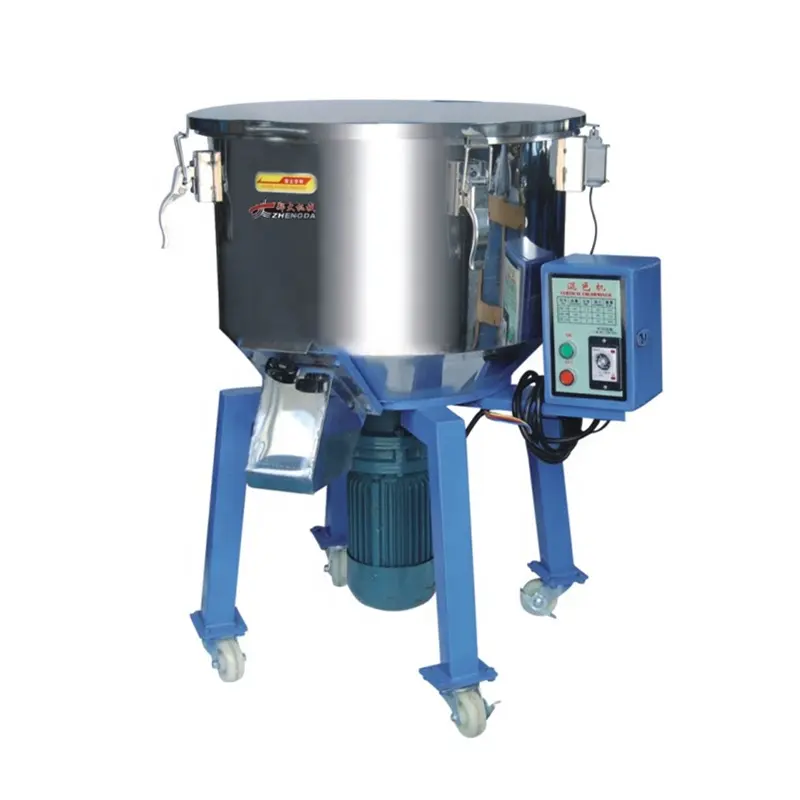breeding cages for rabbits
តុលា . 11, 2024 15:36 Back to list
breeding cages for rabbits
Breeding Cages for Rabbits Essential Considerations
Breeding rabbits can be a rewarding venture, whether for hobby, profit, or both. As with any aspect of animal husbandry, creating the right environment is critical for the health and productivity of your rabbits. The breeding cage is one of the most important factors to consider. It plays a pivotal role in ensuring the comfort of the rabbits while also facilitating successful breeding. This article explores essential considerations when selecting and designing breeding cages for rabbits.
Space Requirements
The first aspect to consider when setting up breeding cages is the amount of space required. Rabbits are social animals and require adequate space to move around, display natural behaviors, and maintain good health. A recommended size for a breeding cage is at least 3 feet long, 2 feet wide, and 2 feet tall for a single rabbit. For breeding pairs, cages should be larger to allow for mating and subsequent gestation. If you plan to breed multiple litters, having spacious accommodations is essential to prevent stress and aggression.
Ventilation and Temperature Control
Good ventilation is crucial in rabbit breeding cages. Rabbits are sensitive to heat and can suffer from heat stress, especially during hotter months. Ensure that the cages are located in a shaded area or provide fans for breeze. Proper airflow can also help reduce the risk of respiratory diseases and keep the breeding area hygienic.
During colder months, it is important to protect rabbits from extreme temperatures. Insulating the cage walls, or placing heat pads in designated areas, can create a comfortable environment. Monitoring the temperature and humidity levels will help ensure that your rabbits stay healthy, which is essential for successful breeding.
Flooring Options
The floor of the cage is another important consideration. Wire mesh flooring allows for adequate drainage of urine and makes cleaning easier, but it can be harsh on the rabbits' feet. Providing solid flooring with bedding made of straw or hay can offer comfort and reduce the risk of foot injuries and infections. Regularly changing the bedding is vital to maintain hygiene and prevent the buildup of waste.
breeding cages for rabbits

Nesting Areas
For successful breeding, providing a safe and comfortable nesting area is essential. Female rabbits, or does, require a secluded space where they can give birth and care for their young, known as kits. Nesting boxes made from wood or sturdy plastic can be placed within the cage. These boxes should be spacious enough for the doe to comfortably lie down and will provide a sense of security. Filling the box with soft bedding material enables the doe to prepare a safe environment for her kits.
Cleanliness and Maintenance
Maintaining cleanliness in breeding cages helps prevent the spread of diseases and improves the general well-being of the rabbits. Regular cleaning should include daily checks for waste removal, ensuring adequate food and water supply, and weekly deep cleaning to sanitize the area. Establishing a routine can also help you monitor the health of your rabbits more effectively.
Group Breeding Considerations
When breeding multiple rabbits, consider how many can be housed together without territorial disputes. Separate cages may be necessary for mature males, as they can become aggressive towards each other. Furthermore, rotate breeding stock to prevent inbreeding and maintain a healthy gene pool.
Conclusion
Selecting and designing proper breeding cages is essential for the success of any rabbit breeding operation. By taking into account space requirements, ventilation, flooring types, nesting areas, cleanliness, and group dynamics, rabbit breeders can create an ideal environment for their animals. With the right conditions, rabbits will thrive, leading to successful breeding outcomes and healthy offspring. Proper planning and care can make breeding rabbits not just a hobby, but a fulfilling and profitable venture.
-
Greenhouse Ventilation Cooling System-Yizemachine|Energy Efficiency&Crop Growth
NewsJul.13,2025
-
Corn Rice Husk Maize Grinder Hammer Mill-Yizemachine|High-Efficiency Grain Processing&Sustainable Farming Equipment
NewsJul.13,2025
-
Advanced Industrial Solutions-Example Corp|Efficiency&Cost Savings
NewsJul.13,2025
-
Chicken Feet Yellow Skin Peeling Machine-Yiye Machine|Efficient,Eco-Friendly
NewsJul.13,2025
-
Chicken Scalder Plucker Machine - Yizemachine | Poultry Processing, Hygienic Design
NewsJul.13,2025
-
SmartFactory Solutions-AI-Powered Automation|Industrial Efficiency&Manufacturing Optimization
NewsJul.13,2025






